Central banks in the US, Japan, UK and Russia will all hold policy meetings next week to decide on benchmark interest rates in these markets.
Next week will be the busiest week of the year for global central banks, with lending rates in the world's most traded currencies set.
Since the pandemic and the Russia-Ukraine war, the inflation picture has become increasingly mixed. While some countries have had to continuously raise interest rates to control prices, others have struggled with falling prices. As a result, monetary policies have also become increasingly divergent. The results of policy meetings next week will also reveal the views of financial authorities on inflation risks.
The most notable event next week is the US Federal Reserve 's policy meeting on March 19 and 20. Investors will follow this event to see whether recent vibrant economic reports will cause Fed officials to postpone their intention to raise interest rates.
Next week, the Fed is expected to keep interest rates unchanged for the fifth consecutive time. Since May 2022, the agency has raised interest rates by 5.25%. Currently, interest rates in the US are still at their highest level in more than 20 years.
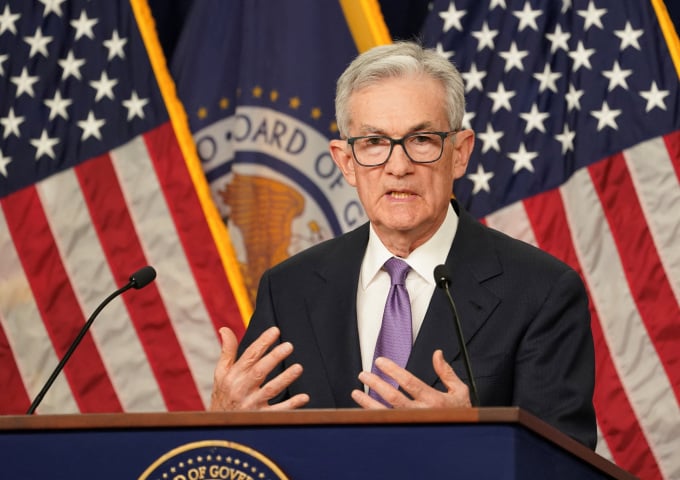
Fed Chairman Jerome Powell at a press conference in December 2023. Photo: Reuters
After strong jobs and inflation data in the first two months of the year, Fed officials have maintained that they are in no rush to ease. Still, economists surveyed by Bloomberg expect the Fed to cut rates three times this year, with the first likely in June.
The announcement by the Bank of Japan (BOJ) is also considered important. This agency has maintained a negative interest rate policy since 2016 and has not raised rates since 2007.
Inflation in Japan has exceeded the BOJ's target of 2% for more than a year. Last year, Japan's core consumer price index (CPI) also increased by 3.1% - a 41-year high.
The agency is expected to raise interest rates at its March or April meeting. That possibility increased when on March 15, Japan's largest companies agreed to raise wages for workers by 5.28% in 2024. This is the biggest increase in the past 33 years.
“However, we think the BOJ will say it is too early to tighten,” forecast Taro Kimura, an economist at Bloomberg Economics.
In Europe, the Bank of England (BoE) and Switzerland are also moving towards a rate cut. The BoE will receive its interest rate report on March 20 and manufacturing data on March 21. These figures will influence its interest rate decision on March 21.
However, the UK is expected to keep policy unchanged. With consumer prices rising more slowly but still above the 2% target, the BoE has shown no signs of rushing to ease. Switzerland is also expected to keep monetary policy unchanged at next week's meeting.
The Reserve Bank of Australia is also expected to hold interest rates steady at 4.35% after January data showed weaker-than-expected inflation. Investors will be focused on whether the central bank will maintain its tightening stance or signal an easing in the coming months.
The Russian Central Bank will make its first policy decision after the presidential election on March 22. It is expected to keep interest rates unchanged for the second consecutive time, at 16%. With inflation currently at 7.7% - nearly double the target - the Russian Central Bank is unlikely to cut rates in the first half of this year.
Ha Thu (according to Bloomberg, Reuters)
Source link




![[Photo] Prime Minister Pham Minh Chinh receives Mr. Jefferey Perlman, CEO of Warburg Pincus Group (USA)](https://vstatic.vietnam.vn/vietnam/resource/IMAGE/2025/4/18/c37781eeb50342f09d8fe6841db2426c)


![[UPDATE] April 30th parade rehearsal on Le Duan street in front of Independence Palace](https://vstatic.vietnam.vn/vietnam/resource/IMAGE/2025/4/18/8f2604c6bc5648d4b918bd6867d08396)


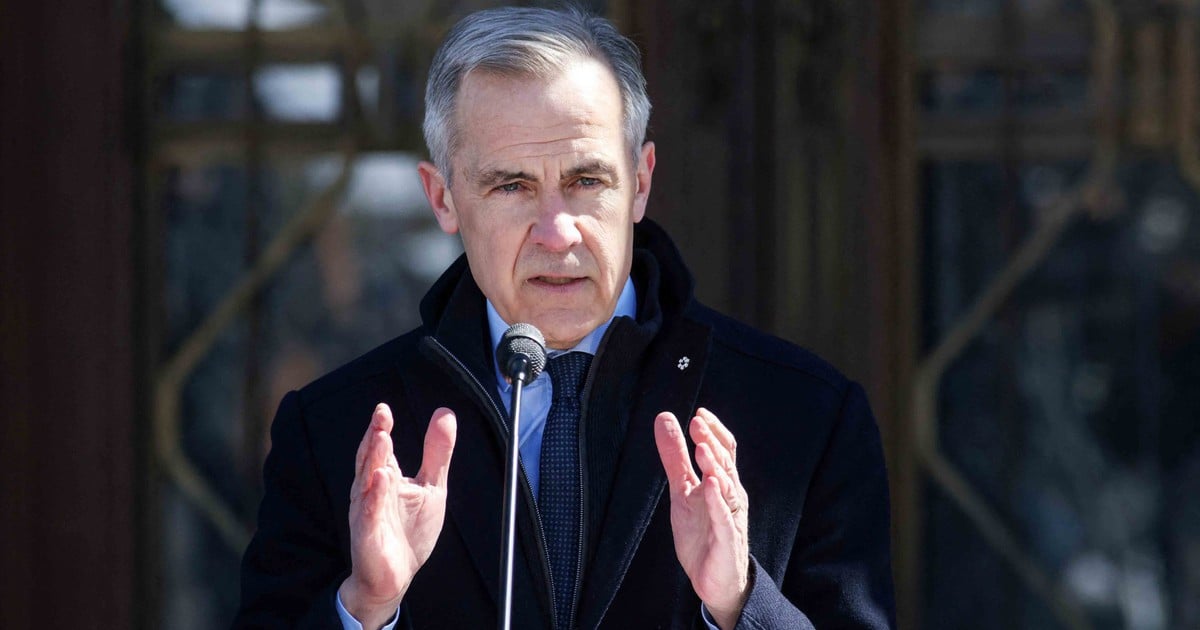



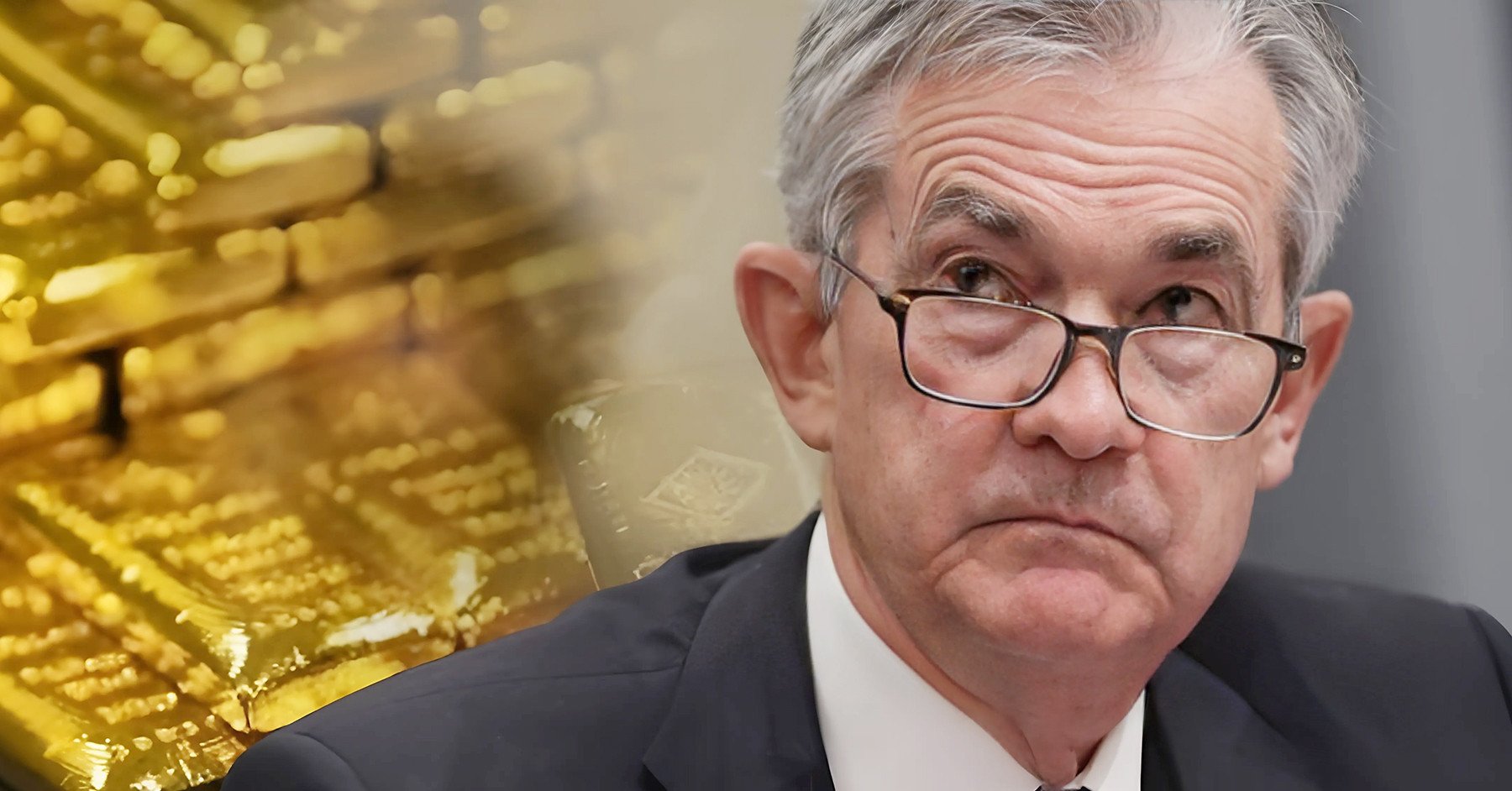

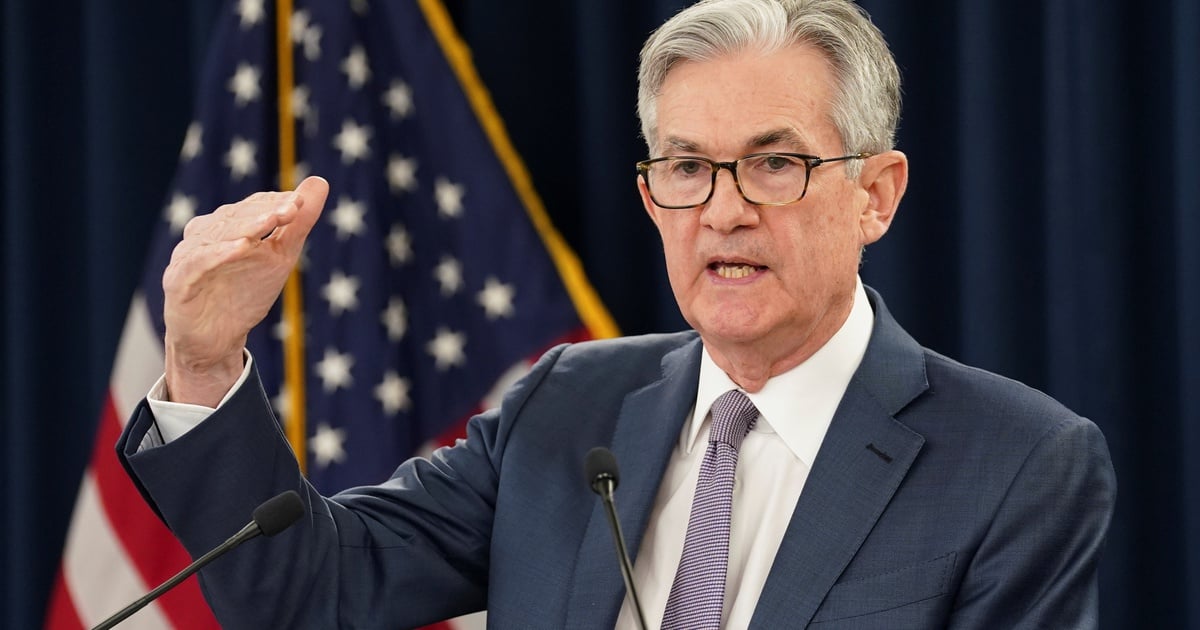


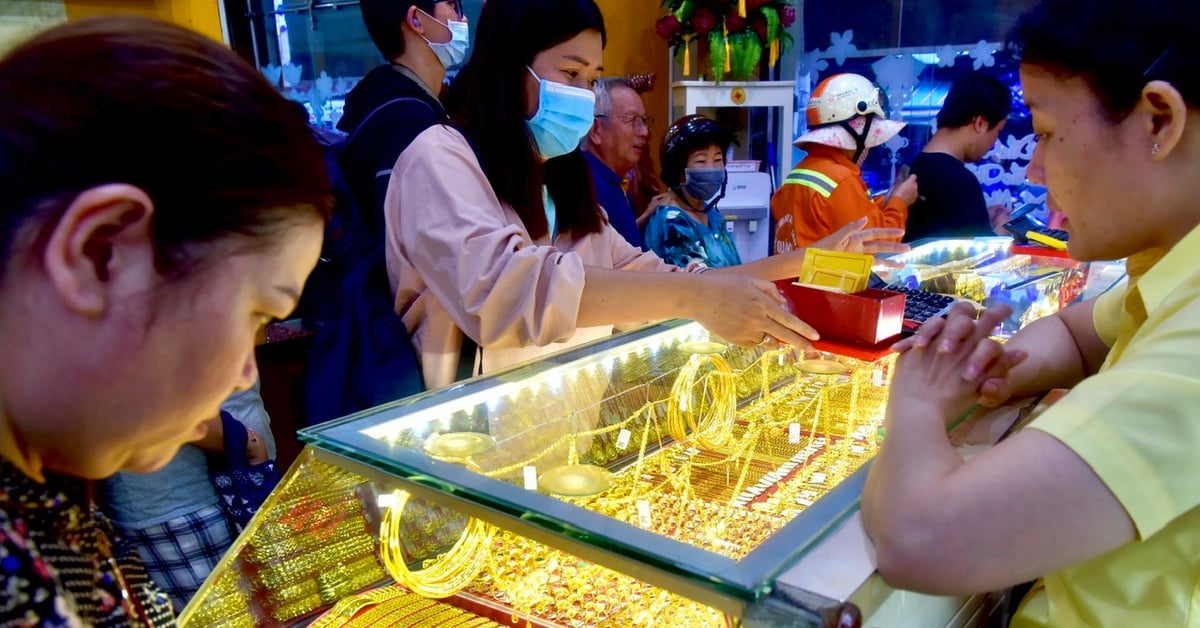
















































































Comment (0)